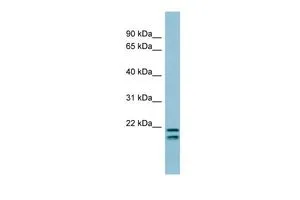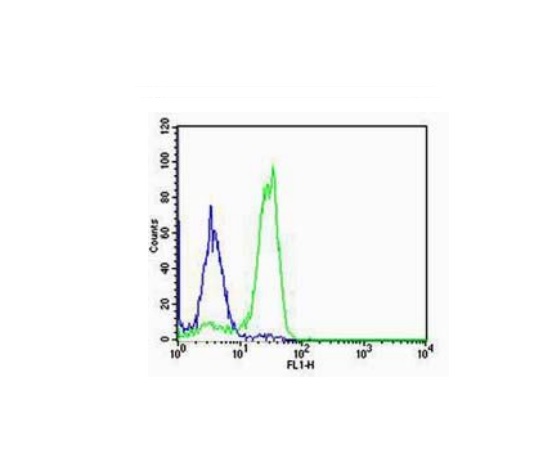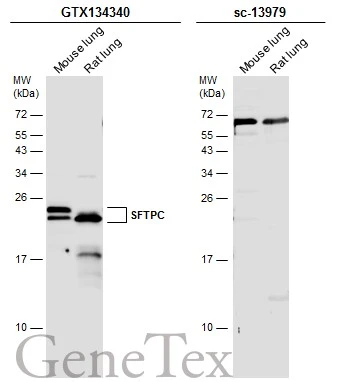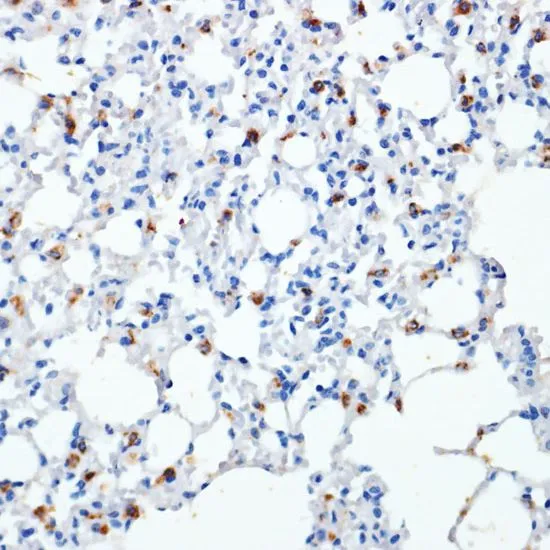
IHC-P analysis of mouse lung tissue using GTX54694 SFTPC antibody. Dilution : 1:200
SFTPC antibody
GTX54694
ApplicationsWestern Blot, ImmunoHistoChemistry, ImmunoHistoChemistry Paraffin
Product group Antibodies
ReactivityHuman, Mouse, Porcine, Rat
TargetSFTPC
Overview
- SupplierGeneTex
- Product NameSFTPC antibody
- Delivery Days Customer7
- Application Supplier NoteWB: 1:500 - 1:2000. IHC-P: 1:50 - 1:200. *Optimal dilutions/concentrations should be determined by the researcher.Not tested in other applications.
- ApplicationsWestern Blot, ImmunoHistoChemistry, ImmunoHistoChemistry Paraffin
- CertificationResearch Use Only
- ClonalityPolyclonal
- ConjugateUnconjugated
- Gene ID6440
- Target nameSFTPC
- Target descriptionsurfactant protein C
- Target synonymsBRICD6, PSP-C, SFTP2, SMDP2, SP-C, SP5, surfactant protein C, BRICHOS domain containing 6, pulmonary surfactant apoprotein-2 SP-C, pulmonary surfactant-associated proteolipid SPL(Val)
- HostRabbit
- IsotypeIgG
- Protein IDP11686
- Protein NameSurfactant protein C
- Scientific DescriptionThis gene encodes the pulmonary-associated surfactant protein C (SPC), an extremely hydrophobic surfactant protein essential for lung function and homeostasis after birth. Pulmonary surfactant is a surface-active lipoprotein complex composed of 90% lipids and 10% proteins which include plasma proteins and apolipoproteins SPA, SPB, SPC and SPD. The surfactant is secreted by the alveolar cells of the lung and maintains the stability of pulmonary tissue by reducing the surface tension of fluids that coat the lung. Multiple mutations in this gene have been identified, which cause pulmonary surfactant metabolism dysfunction type 2, also called pulmonary alveolar proteinosis due to surfactant protein C deficiency, and are associated with interstitial lung disease in older infants, children, and adults. Alternatively spliced transcript variants encoding different protein isoforms have been identified.[provided by RefSeq, Feb 2010]
- ReactivityHuman, Mouse, Porcine, Rat
- Storage Instruction-20°C or -80°C,2°C to 8°C
- UNSPSC41116161
References
- Abnormal Fetal Lung of Hoxa1(-/-) Piglets Is Rescued by Maternal Feeding with All-Trans Retinoic Acid.Read this paper
- Ammonia exposure causes lung injuries and disturbs pulmonary circadian clock gene network in a pig study. Wang X et al., 2020 Dec 1, Ecotoxicol Environ SafRead this paper
- Enterovirus 71 targets the cardiopulmonary system in a robust oral infection mouse model. Chang CS et al., 2019 Jul 31, Sci RepRead this paper

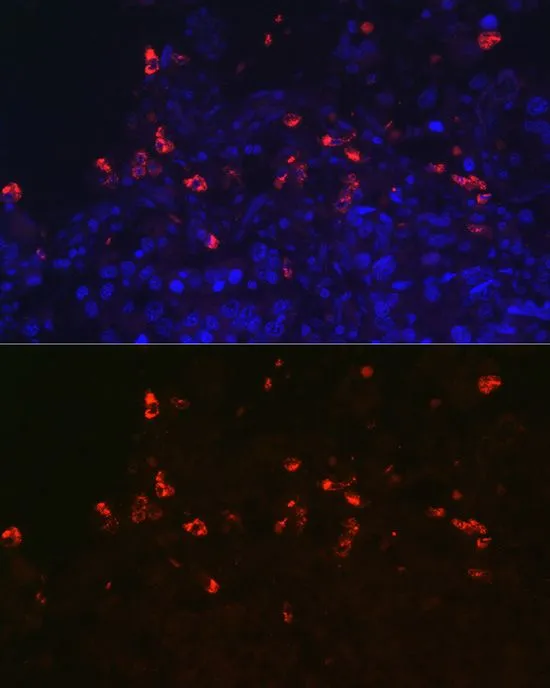
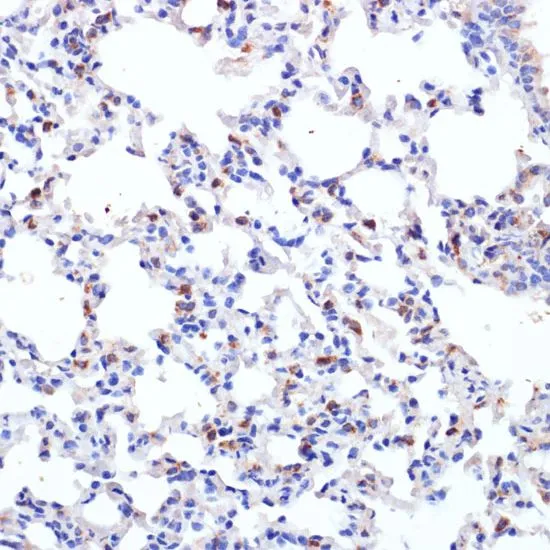
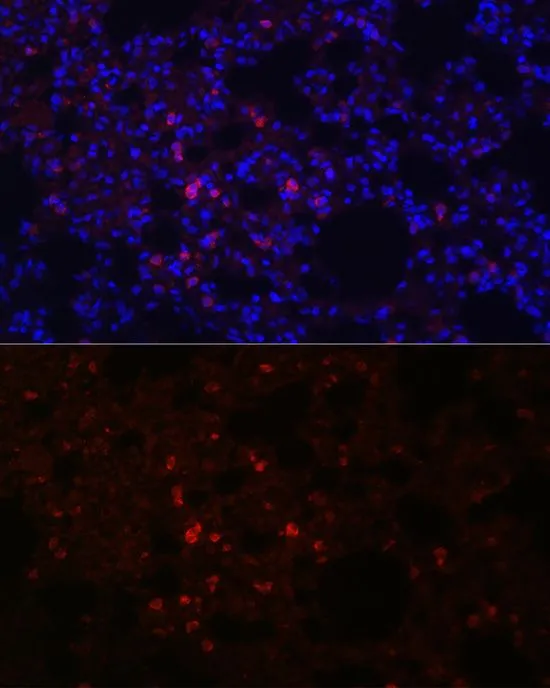
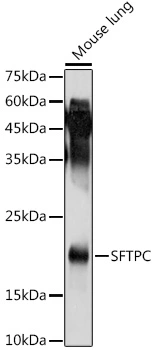
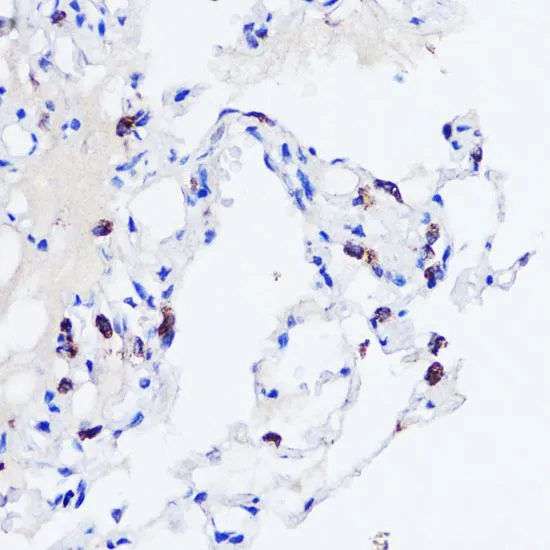
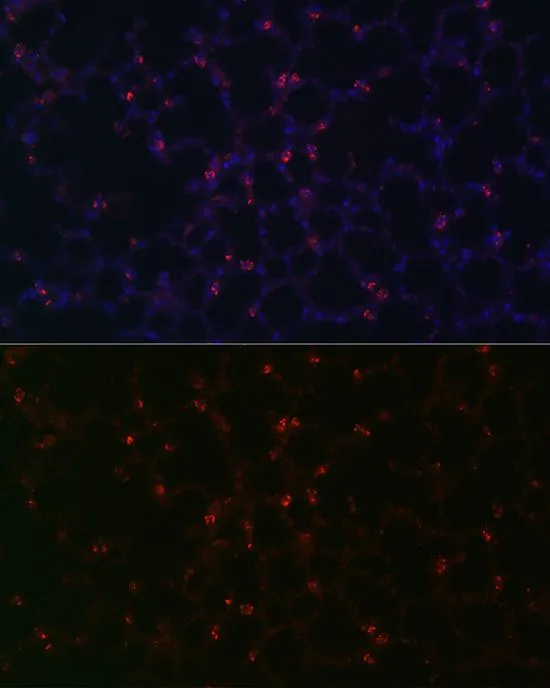
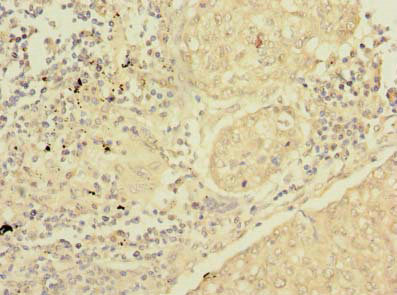
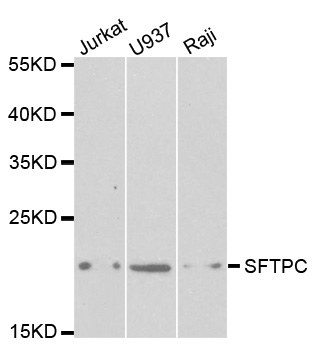


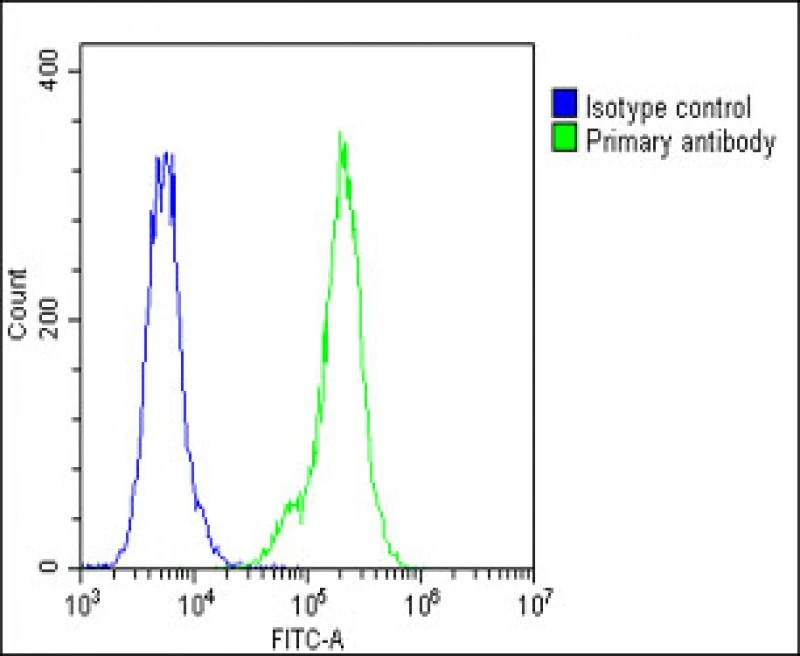
![WB analysis of HEK293 (1) and SFTPC (AA: 60-180)-hIgGFc transfected HEK293 (2) cell lysate using GTX60670 SFTPC antibody [5E6A9].](https://www.genetex.com/upload/website/prouct_img/normal/GTX60670/GTX60670_20170912_WB_w_23061123_987.webp)
